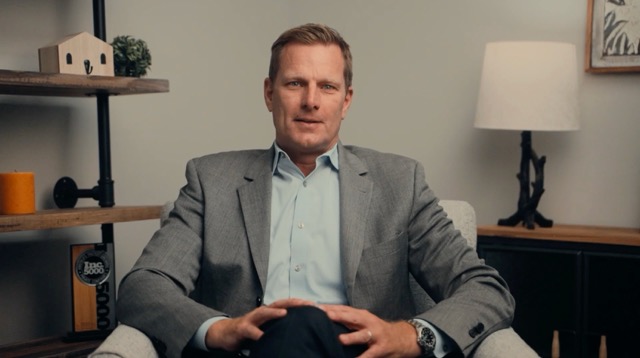Purchase agreement gets signed and the buyer is going to start their due diligence to look into the property. But one of the biggest things they have to do in most circumstances is start working with a great lender. That is one of the most pivotal and crucial relationships that any buyer is going to have for several reasons. One we got to make sure it closes on time. A lot of the purchase agreements have a hard closing date, especially in a market like ours where the closings are stacked back to back. So the seller needs those proceeds to deal to fund so that they can buy their replacement property.
What we've seen are really several different things that make up a good lending relationship. One is a good local lender that understands the market. It could be national with a local presence. It could be local. You've got banks. You've got credit unions. You've got mortgage brokers. There's a full pallet of lenders for mortgages, but ultimately somebody that understands the market where you're buying the property and then it comes down to communication. It's not just price and terms. It's the level of service and commitment that the lender and that lenders team is going to have to make sure that your deal and your transaction is a smooth one.
And I think that's where when you talk about the pricing of a loan, people are so focused on interest rates and things like that and lending is a lot like anything else in the world — you get what you pay for.
Yeah, and you see so many times that you know the lender that might be just an eighth of a point higher than the next lender is so worth it because they've got a great relationship. They've got the folks, the people in the back room that are really staffed and they're interested in your deal. Don't always go with the cheapest company and under the new regulations. There's there's two forms that you need to make sure you have the opportunity as buyers to review in advance. The day of closing is going to be stressful enough. We said before that you shouldn't learn anything in the closing room. That's the ultimate settlement statement that'll show all the numbers of what you're paying for and where they're going. Then there's the closing disclosure and that really lays out the the very granular terms of the loan program and you have an opportunity about almost a week in advance. Now the closing to ask your lender the questions and go those go through those well in advance, so take the time to do that. Don't use the closing room as the opportunity to learn about your loan program. You're signing that day.







.jpg)

.jpg)


